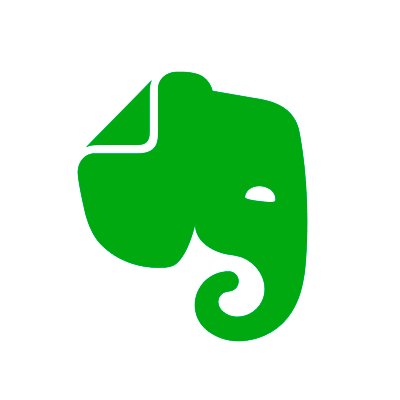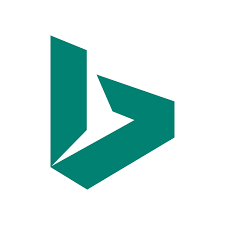How I Bring In $30M/Year Investing In Mobile Home Parks
Hello! Who are you and what business did you start?
I’ve been called many things in life - “window kid” (don’t ask…), Sasquatch (for obvious reasons), “the world’s most handsome man” (thanks Mom!), but “entrepreneur” was never on the list.
So how did I end up here, bringing in $30,000,000 per year in revenue while working just a few hours a week?
Well, my name is Brandon Turner and today I run a freaking awesome real estate investment company called Open Door Capital.
Now… I know what you’re thinking. “*Brandon, did you just put “freaking awesome” and “real estate investment company” together? That’s absurd! Real estate is boring!”
True, real estate might be a little boring. However, as I hope to convince you in the paragraphs that follow, this little investment firm is not what you might think, and more importantly, it’s something YOU can do as well.
































